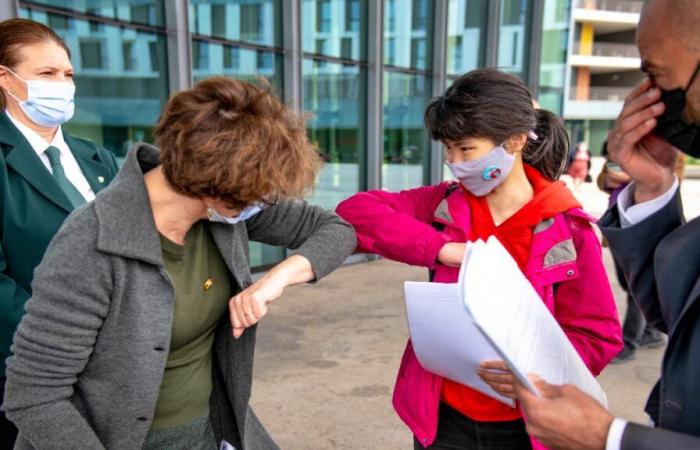“We are looking in vain for what act attributed to the Appellant would have seriously hindered the intervention of the police, as the previous judges seem to have held,” is surprised by the Federal Court, which notes “that she did not prevent or hindered the passage of police officers, nor hindered in any other way the official acts which they were supposed to perform.” She did not put up any resistance and, at a pinch, she could have been accused of refusing to comply, but not of having prevented the police from doing their job.
The cantonal judges of Vaud had estimated that the activist “had intentionally made the task of the police more complicated by adding an additional arrest to all those that the police were already managing”. But for the Federal Court, the fact that she was added to the pack of Zadists after the start of the evacuations “changes nothing” in substance.
Howey Ou's case was treated separately from those of the activists who were already present at the ZAD when the evacuations began. They are also involved in a legal battle. They refused to reveal their identity and were convicted. The Vaud justice system had refused their opposition, which according to it could only be done by being identified. However, the Federal Court had also disavowed the Vaudois justice there. Last year, she overturned the conviction of the Zadists and sent the case back to the cantonal level for a new decision.






